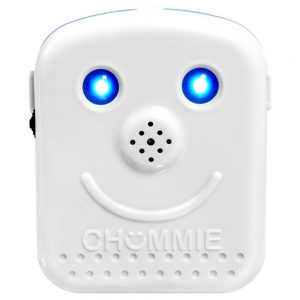 |
| BedWetting Alarm |
Bedwetting, also known in the medical world as nocturnal enuresis, can be an extremely embarrassing and debilitating condition that may affect not only young children, but adults as well; adult bed wetting is not totally uncommon. Though most bedwetting occurs through what can be considered a normal, yet slightly delayed development, some children never fully gain control of their bladder, and the condition haunts them into the older years. Normally, there are two main biological functions that prevent bedwetting. Firstly, a hormone is released into the brain that reduces the production of urine whilst you sleep. Secondly, the ability to rise when the bladder is full is critical in stopping bedwetting. Developmental problems, in which one or both of these mechanisms do not function properly, often leads to bedwetting. However, whichever the case may be, bedwetting can be easily combated with an affordable, state of the art bedwetting alarm.
A modern bedwetting alarm is one of the most effective ways to teach your body to stop wetting the bed whilst you sleep. As an electronic device, a bedwetting alarm has a moisture sensitive alarm that signals in an audible or tactile manner, waking the user the moment they begin to urinate during their sleep.
There are typically three types of bedwetting alarm.
(1) A wireless bedwetting alarm, as the name might suggest, is a device which has no wired connection between the alarm and the moisture sensor. In many cases, the alarm is placed across the room and away from the bed, requiring the user to get up to turn it off when the alarm, strapped to their underwear, signals.
(2) A wearable bedwetting alarm is similar to the wireless version; however, whilst the sensor is still attached to the sleeper's underwear, the alarm is wired and is usually worn underneath the shirt or attached to the sleeper's pillow.
(3) A pad-type bedwetting alarm is a device which is actually not attached to the sleeper at all; rather it is design into a mat or pad that is slept upon. If urination occurs during sleep, the inbuilt sensors will set off the alarm, which is wired and usually placed nearby, perhaps on a bedside stand.
If you, your child, or someone you know is a chronic sufferer of bedwetting, do not be ashamed and embarrassed; there are ways to help yourself! A bedwetting alarm offers a discreet and easy-to-use method to help condition your body and brain to stop wetting the bed in a timely manner. Why not check out your local GP and see if a bedwetting alarm is a suitable solution to stop bed wetting today.
Post a Comment